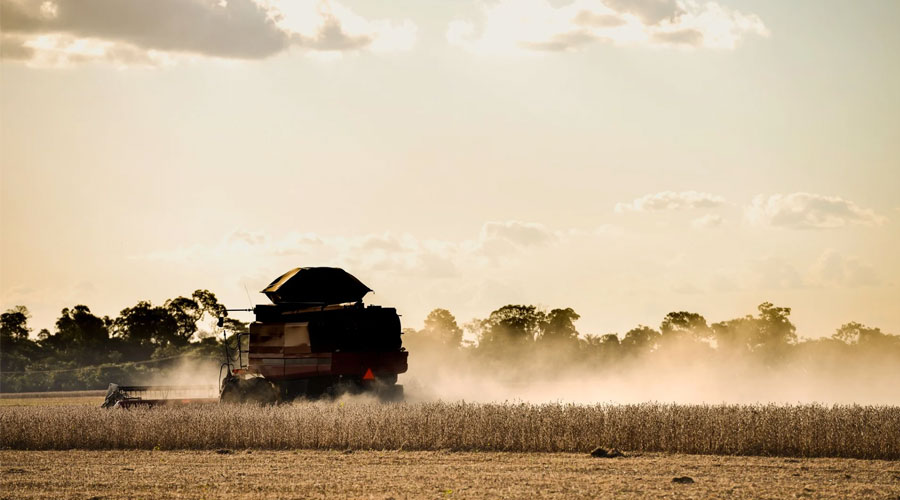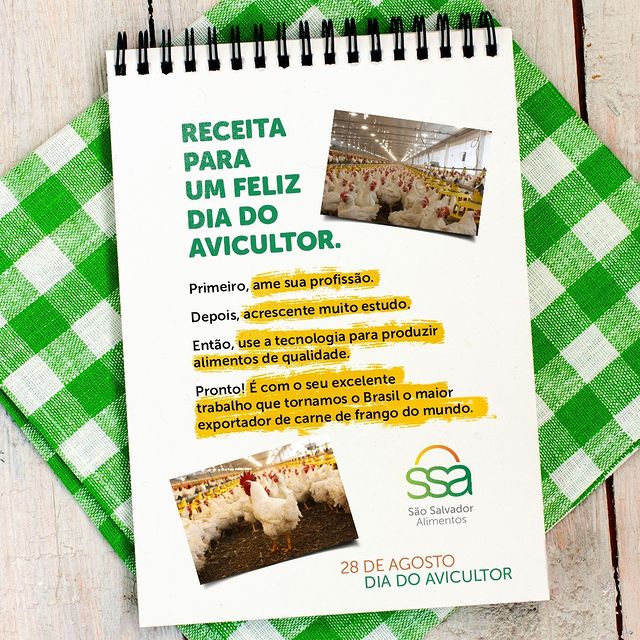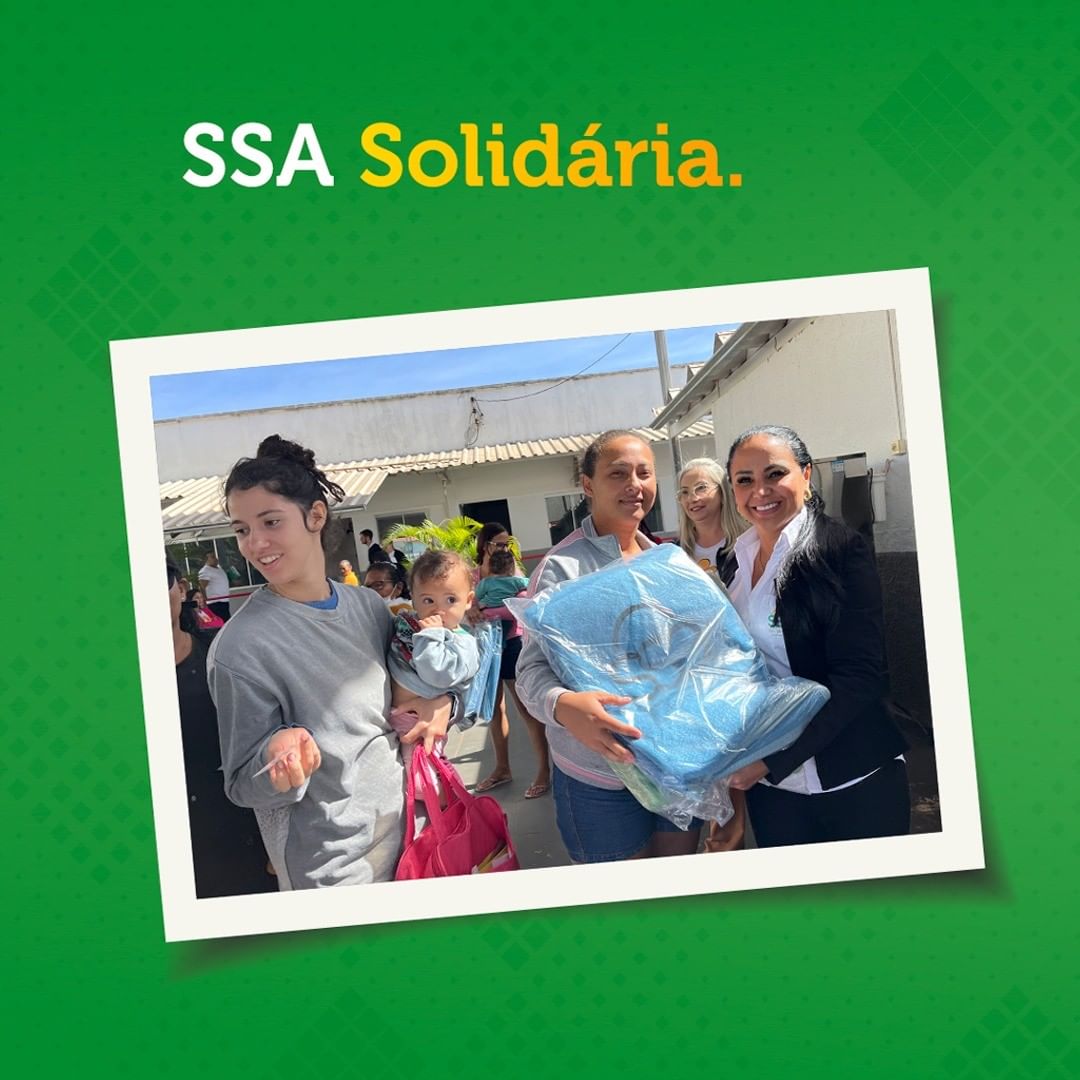In a turbulent year due to the coronavirus pandemic, few sectors escaped the crisis. Agribusiness was one of them, managing to maintain the good pace of production of recent years, surprising with a record harvest and heated exports as a reflection of the appreciation of the dollar. “The year 2020 will go down in history for agribusiness. We had a firm food consumption in the domestic and foreign markets, driven especially by Asian demand and the exchange rate. The devaluation of the real made our product very competitive,” says Marcos Fava, professor at the Faculty of Economics, Administration and Accounting of Ribeirão Preto at the University of São Paulo (FEA-RP/USP) and at the School of Business Administration of São Paulo at Fundação Getulio Vargas (FGV EAESP).
The 2019/2020 grain crop (planted in 2019 and harvested this year) broke the record of 257.8 million tons, with a growth of 4.5% compared to the previous season, according to the National Supply Company (Conab). The numbers prove that agribusiness did not hit the brakes during the crisis and continued working, avoiding shortages during the pandemic.
Annually, Forbes publishes the list of the Brazilian agribusiness companies that stood out the most. Get to know the country’s 100 largest publicly traded companies, their challenges, and their prospects.
WHERE THE NUMBERS COME FROM:
To prepare this list, which was based on financial statements of companies from Standard & Poor’s, the Brazilian Confederation of Agriculture and Livestock (CNA), and the financial information company Economatica, companies with revenue of at least R$1 billion in Brazil in 2019 were considered. The degree of involvement of each company or group in the Brazilian agribusiness was also taken into account, even if its main activity had an indirect relationship with national agricultural production.
SÃO SALVADOR ALIMENTOS
Sector: animal protein.
Founded: 1973, in Itaberaí (GO).
Revenue: R$1.58 billion.
Principal executive: José Carlos Garrote de Souza.
São Salvador Alimentos, which began as a small chicken farm, owns two brands: SuperFrango and Boua. The former sells meat in various forms, including frozen and semi-prepared dishes, produced, cut and distributed from chicken production. The latter offers products in categories such as frozen vegetables, dairy, processed meats, smoked meats, hamburgers, pork cuts, and fish. In addition to processing, the company maintains production units for fertile eggs, breeding stock, animal feed, and grain storage. It operates in the domestic market and exports to 65 countries in Africa, Central America, Europe, and Asia, with a focus on the Chinese demand. The daily poultry slaughter is around 350,000, with a goal to exceed 500,000 with recent investments projected at R$455 million.






